Bruxism, also known as teeth grinding, is a condition where an individual involuntarily grinds or clenches their teeth while they sleep or during the day. While it may seem harmless at first, bruxism can negatively affect your dental health, and it’s important to seek treatment from your dentist. Diagnosing the condition early and implementing appropriate treatment can protect your teeth, alleviate pain, and improve your overall quality of life.

Impacts of Bruxism
Firstly, bruxism can cause tooth wear and fracture. The constant grinding and clenching of teeth can wear down the enamel, causing the teeth to become shorter and more sensitive. In severe cases, bruxism can lead to tooth fractures, which may require dental restoration or even tooth extraction. The constant pressure on the teeth can also cause gum recession, exposing the root surface and leading to tooth sensitivity.
Secondly, bruxism can cause temporomandibular joint disorder (TMD). The temporomandibular joint connects the jawbone to the skull, allowing for the opening and closing of the mouth. Excessive grinding and clenching can pressure this joint, causing pain, clicking or popping sounds when opening or closing the mouth, difficulty chewing, and even lockjaw. TMD can cause discomfort and limit the ability to eat and speak properly, impacting the overall quality of life.
Thirdly, bruxism can lead to headaches and facial pain. The constant contraction of the muscles in the jaw can cause tension headaches and facial pain, particularly around the temples and cheeks. If left untreated, bruxism-related headaches can become chronic and impact daily life. For more information on how we treat headaches, please see Headaches.
Lastly, bruxism can affect sleep quality. While it may seem counterintuitive, bruxism can actually disrupt sleep and prevent individuals from entering deep sleep cycles. This can lead to daytime fatigue, difficulty concentrating, and irritability.
Treatment for Bruxism
Given the negative effects of bruxism on dental health, it’s important to seek treatment from your dentist. Your dentist can diagnose bruxism by examining your teeth and observing any signs of wear or damage. They may also recommend further testing, such as a sleep study, to determine the severity of the condition.
Treating bruxism typically involves using a dental appliance, such as a night guard or splint, which can help protect the teeth and alleviate symptoms. These appliances are custom-made to fit your teeth and are worn while sleeping to prevent grinding and clenching. Your dentist may also recommend relaxation techniques, such as meditation or yoga, to help manage stress. Unfortunately, stress can contribute to bruxism.
In severe cases, your dentist may refer you to a specialist to manage the condition. Surgery may be necessary in cases where bruxism is causing severe damage to the teeth or jaw. Additionally, sleep apnea can cause teeth grinding.
